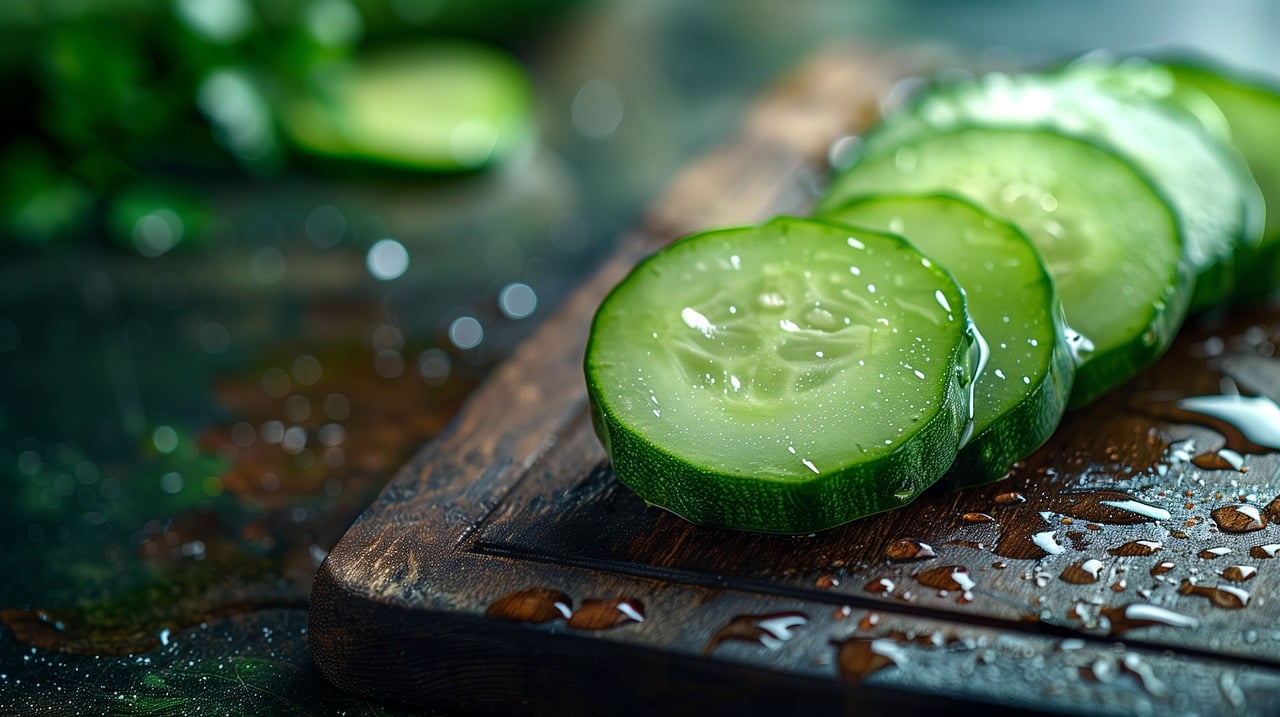Cucumbers are a refreshing addition to many dishes, but encountering a bitter taste can be quite off-putting. Understanding why your cucumbers are bitter is crucial to ensuring a pleasant eating experience. This bitterness is not just a random occurrence but often a result of specific growing conditions and plant stress. Let’s explore the reasons behind this unpleasant flavor and how you can prevent it.
Factors Contributing to Bitter Cucumbers
Several factors can lead to bitter cucumbers, and understanding these can help you grow better-tasting fruits in the future. One primary cause is environmental stress, which includes inconsistent watering and temperature fluctuations. Cucumbers thrive in consistent conditions, and deviations can cause the plant to produce bitter compounds known as cucurbitacins.
Inconsistent watering, whether too much or too little, can stress the plant and lead to bitterness. Cucumbers need a steady supply of moisture, especially during fruit development. Additionally, extreme temperatures, particularly high heat, can increase the concentration of cucurbitacins. Ensuring stable growing conditions and proper irrigation can help minimize these issues.
Over-Ripeness and Maturity
Cucumbers that are allowed to over-ripen on the vine can become more bitter. As cucumbers mature, the concentration of cucurbitacins increases, which contributes to their bitter taste. It’s essential to harvest cucumbers at the right time to avoid this bitterness.
Regularly check your cucumber plants and harvest the fruits when they are still young and tender. Overripe cucumbers not only taste bitter but also become tough and less pleasant to eat. By harvesting cucumbers promptly, you can ensure a milder, more enjoyable flavor.
Varietal Differences
Different cucumber varieties have varying levels of bitterness, with some naturally more prone to producing bitter fruits than others. Cucumbers can be broadly categorized into slicing and pickling types, and some varieties within these categories are more resistant to bitterness.
If you consistently find bitterness in your cucumbers, consider experimenting with different varieties known for their sweeter taste. Choosing varieties bred for their mild flavor and lower levels of cucurbitacins can make a significant difference in the taste of your harvest.
Soil and Nutrient Imbalance
The quality of the soil and nutrient availability can significantly impact the flavor of cucumbers. Nutrient imbalances or deficiencies, particularly in potassium and calcium, can contribute to bitterness. Cucumbers require a balanced diet to grow well and produce sweet, flavorful fruits.
To ensure your cucumbers get the nutrients they need, conduct a soil test and amend the soil accordingly. Adding compost and fertilizers rich in potassium and calcium can help improve the taste of your cucumbers. Regularly monitoring and adjusting soil nutrients can lead to better fruit quality and reduce bitterness.
Conclusion
Bitter cucumbers can be a result of various factors, including environmental stress, over-ripeness, varietal differences, and soil imbalances. By addressing these issues—ensuring consistent watering, harvesting at the right time, selecting appropriate varieties, and maintaining soil health—you can significantly reduce bitterness and enjoy crisp, sweet cucumbers from your garden.

